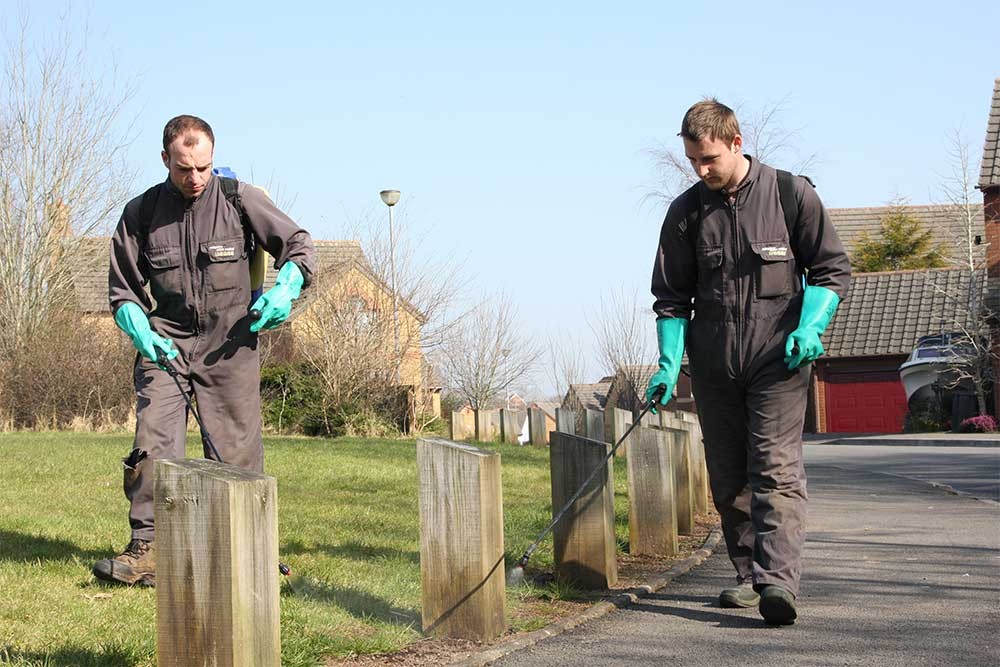
News
What's in a word?
While travelling across the country - whether by rail, car or walking; harvest can be seen in full swing - And this may turn out to be the biggest UK and Ireland harvest for some time - possibly ever. Alan Abel, a Complete Weed Control franchisee for over 30 years gives his advice on the month ahead.
What we don't know is the soil type of each field, the variety of wheat, barley or oats, the type of cultural methods that were used pre-sowing, the fertiliser regime, the amount of rainfall the crop received, and the pesticides that were used.
There, the word has already been used. This is the collective noun for herbicides, insecticides and fungicides. It is an emotive word, but the fact is that we can't do without them.
Without pesticides being used correctly; our harvest may be up to 75% less. The crops would be over-run with weeds, diseases and insects. That would be the same the world over.

There is NOTHING wrong with that fact - as long as the applications have been made according to the label recommendations and a log kept of all the necessary information needed under the regulations in force.
We must be mindful of the Sustainable Use Directive (SUD) though. This says we must consider if a pesticide is really necessary for each job that is being undertaken. This then brings Integrated Pest Management into play.
It is possible to make the grass sward more healthy and able to resist a fungal attack more readily by the use of fertilizers, turf hardeners, harpins, etc, and these if used correctly, and at the right time, can reduce the use of fungicides greatly.
Of course, in some situations there can be no alternative to using a pesticide especially where total weed control and whole invasive plant issues are concerned.
There are so many minefields to cross before choosing which pesticide to use:
Active ingredient
Application Rate
Water rate/quality
Nozzle selection
LERAP rating
Water framework
Equipment
Cost
Current Legislation
Record Keeping
Empty Collection
With all this in mind, letting a contractor have all these potential head-aches might be the way forward.
They do these jobs week after week, year after year and have all the skills to carry out a survey in the first place and then actually apply the pesticide safely. At Complete Weed Control; we are able and ready to service all your needs.
For more information, please contact Complete Weed Control’s National office on 01325 324 277 or visit www.completeweedcontrol.co.uk. You can also follow CWC on Twitter @CWCLimited for much more news, reviews and insightful views.
Latest Posts
Latest Posts
- In Conversation with Dave Roberts from o ...
- In conversation with Simon Catchpole fro ...
- Complete Weed Control invests in future ...
- Complete Weed Control Bolsters Sales Fun ...
- In conversation with Keith Gallacher fro ...
- The Longest Established Amenity Weed Con ...
- The UK’s Leading Weed Control Specialist ...
- In conversation with Sarah Phillips from ...
- Results of Alternative Weed Control Tria ...
- Complete Weed Control win 5 year contrac ...
